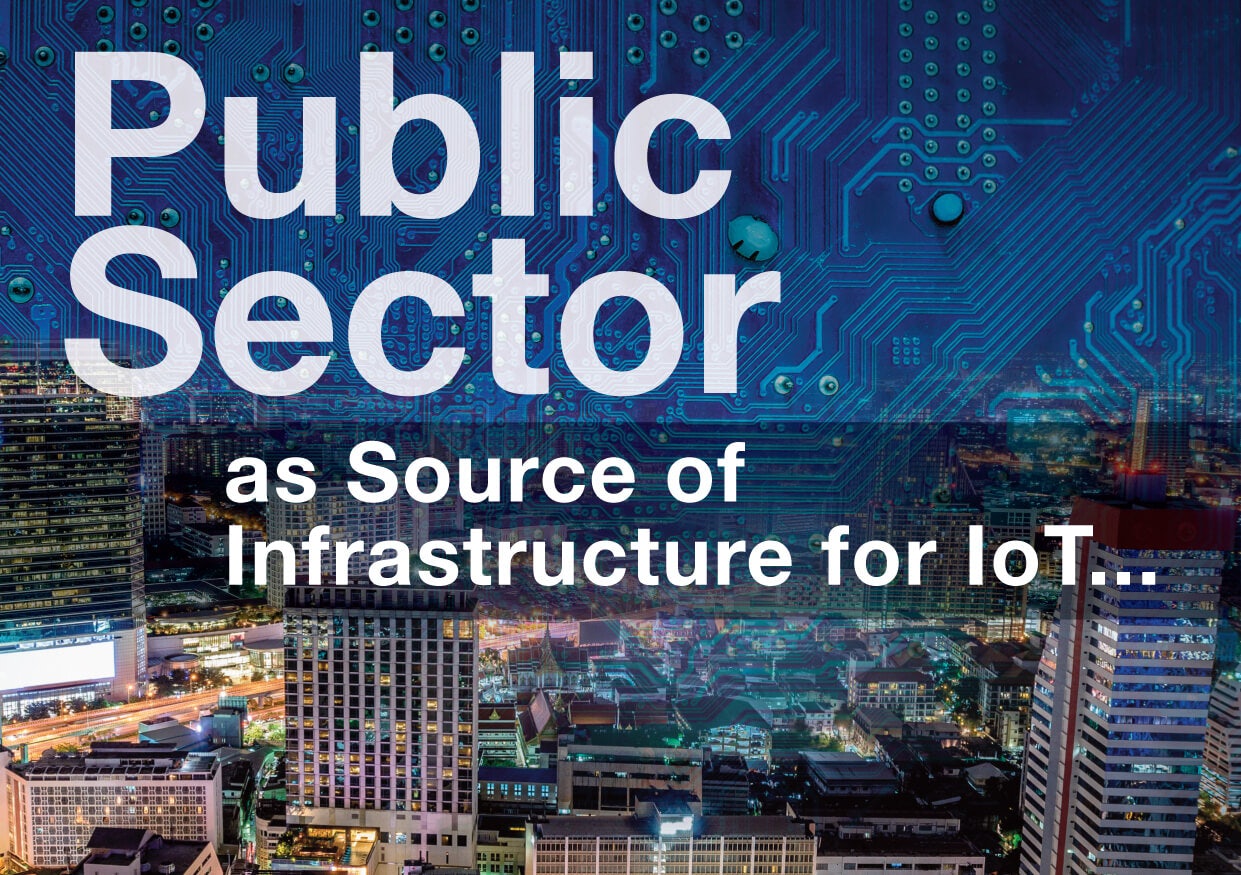Public Sector as Source of Infrastructure for IoT
The requirement for various intangible infrastructures in different sectors is growing all around the world as progress happens over time.
Often, it is the private sector that provides (or at least heavily supports public endeavours) – the Internet, the majority of energy systems and a huge chunk of Global Information Infrastructure (GII) schemes are the work of companies owned by private parties. It is now suggested that to get IoT working flawlessly and integrated permanently into communities, the public sector should play a bigger role in infrastructure.
The ideal support network for IoT would consist of a variety of interconnected energy, Internet and cloud access points. Yet somehow none of the three are functioning as well as they should, with significant gaps even in big cities such as London. These could very well be filled with government efforts, economic growth and public interest serving as motivators for infrastructure build, as both local and national authorities would also benefit from them in the traditional sense but for their own IoT purposes, too.
They are also in the best position of recognising the need; with all the statistics and data at hand, they can easily highlight the areas that are growing fast, need advanced supply or attract more usage. Using their already-in-existence property, like buildings and technology they could also save on costs.
The problem with current providers is the lack of economical resources. Telecommunication companies have already invested very heavily into the area and have managed to cover a good area up until now. Running with lean resources, it is quite unlikely to see them patch up the aforementioned gaps, especially as they are not the ones looking out for IoT development. Their efforts have been an asset to the whole community and to balance it out and make it more proportionate, it would be appropriate for the government to complete it.
As Dashboard sees it, it is a great opportunity for the government to work with private parties on developing a wholesome mutually beneficial infrastructure. It is another step towards generalising IoT for the public but also creating lasting GIIs. It is a win-win result for a situation that is causing complications but is completely solvable and we believe sooner or later this is exactly what will happen.
